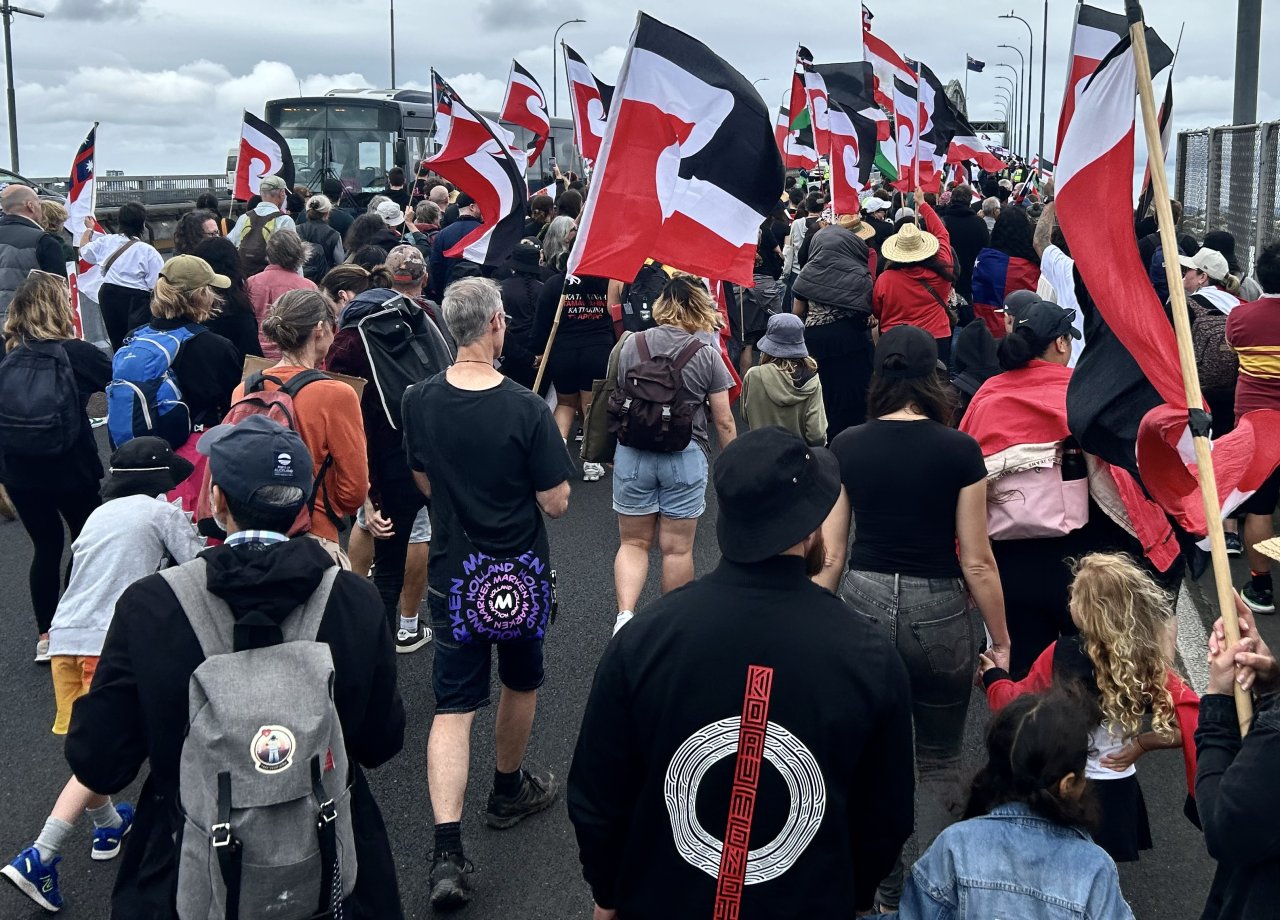Many businesses in New Zealand have an annual close down, which is ratified under New Zealand law (the Holidays Act 2003). A closedown is defined as the situation where employers:
Customarily close their operations or discontinue the work of one or more employees once per year; and
Require their employees to take all or some of their annual holidays.
The closedown may occur across the entire business or the employer may have different closedown periods for separate parts of the business. The Act does not specify a time of year or a minimum or maximum duration however does provide that the employer customarily closes their operations or discontinues the work of one or more employees.
If an employee is required to discontinue their work during a closedown period, the employee’s 12 months of continuous employment must be treated as commencing on the date on which the closedown began.
What steps do I need to take?
Employers are required to give affected employees at least 14 days’ notice before the closedown commences. It is recommended that employers send a simple email or letter informing staff of the close-down dates. It is best practice to do this as soon as you are aware of the dates, to give people plenty of time to plan.
An employee who is entitled to annual holidays at the commencement of a closedown period must, if required to do so by their employer, take annual holidays during the closedown period whether or not the employee agrees to take the holidays. If they are not yet entitled to annual holidays at the commencement of a closedown period must, if required to do so by their employer, discontinue their work during the closedown period.
What if the employee has no holiday entitlement?
Employees who have not yet been working for 12 months (and therefore do not have any annual leave entitlement) must be paid 8% of their gross earnings since they started working for the employer (minus any annual leave taken in advance or holiday pay paid with their ordinary pay).
Such an employee is not otherwise entitled to annual leave for the period up to the date of closedown or to any other payment or remuneration for the period of the closedown.
The employer can choose to let the employee take paid annual leave in advance of entitlement, in which case they would not receive holiday pay.
What about public holidays?
Public holidays are paid if the day would “otherwise be a working day”.
This applies to the close-down period as if the close-down was not in effect, meaning employers cannot claim that it is not a working day because business is closed.
Contact us if you need advice or policy surrounding these matters.



